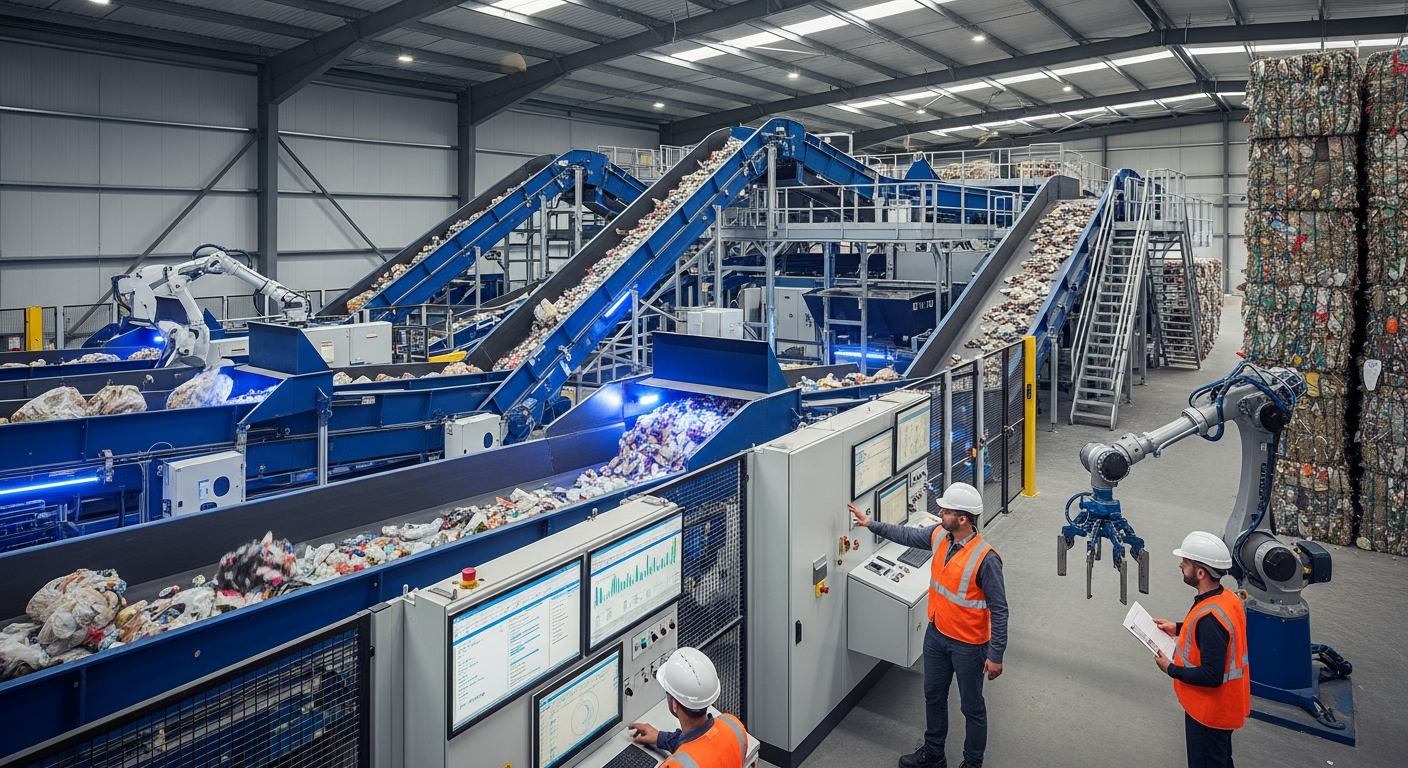Understanding Food Packing Jobs: Opportunities, Benefits, and Career Insights
Food packing jobs play a crucial role in the food industry, ensuring products are safely packaged and ready for distribution. This article explores the various aspects of food packing jobs, including their benefits, salary expectations, and notable employers in the field.

What Food Packing Jobs Actually Involve
Food packing jobs encompass a range of responsibilities within food processing facilities, distribution centres, and manufacturing plants. Workers typically handle tasks such as sorting products by size or quality, operating packaging machinery, labelling products, and ensuring compliance with food safety standards. The work environment varies from small-scale operations to large industrial facilities, with positions available in sectors including fresh produce, processed foods, bakery items, and frozen goods.
These roles often require adherence to strict hygiene protocols, including wearing protective equipment and following temperature control procedures. Workers may be stationed at conveyor belts, packaging lines, or quality control stations, depending on the specific facility and product type.
Required Skills and Qualifications for Food Packing Roles
Food packing positions generally require basic educational qualifications, though specific requirements vary by employer and role complexity. Essential skills include attention to detail, physical stamina for extended standing periods, and manual dexterity for handling products and operating equipment. Workers must demonstrate reliability and punctuality, as food processing operations often run on tight schedules.
Many employers provide on-the-job training covering food safety regulations, equipment operation, and quality control procedures. Some positions may require certifications in food hygiene or specific machinery operation. Language skills sufficient for understanding safety instructions and communicating with supervisors are typically necessary, though some employers accommodate workers with limited English through translated materials and multilingual supervision.
Advantages of Part-Time Food Packing Employment
Part-time food packing positions offer flexibility that appeals to various demographics, including students, parents with childcare responsibilities, and individuals seeking supplementary income. These arrangements often provide access to employee benefits such as staff discounts, flexible scheduling options, and opportunities for additional hours during peak periods.
The food industry’s year-round operation creates consistent demand for part-time workers, particularly during seasonal peaks like holidays or harvest periods. Part-time roles can serve as entry points into the food industry, allowing workers to gain experience and potentially progress to full-time positions or supervisory roles. Many facilities operate multiple shifts, enabling workers to choose hours that fit their personal schedules.
Food Packing Salary Expectations and Compensation
Food packing salaries in the UK typically align with minimum wage requirements, though compensation varies based on location, experience, and specific role responsibilities. Entry-level positions generally start at or slightly above the National Living Wage, with potential for increases based on performance and tenure.
| Position Level | Hourly Rate Range | Weekly Hours | Additional Benefits |
|---|---|---|---|
| Entry-level Packer | £10.42-£11.50 | 20-40 hours | Staff discounts, flexible shifts |
| Experienced Packer | £11.50-£13.00 | 30-40 hours | Overtime rates, training opportunities |
| Team Leader/Supervisor | £13.00-£16.00 | 35-40 hours | Management training, progression paths |
Prices, rates, or cost estimates mentioned in this article are based on the latest available information but may change over time. Independent research is advised before making financial decisions.
Additional compensation factors include overtime rates, weekend premiums, and shift differentials for evening or night work. Some employers offer performance bonuses, attendance incentives, or annual salary reviews. Location significantly impacts earning potential, with positions in major metropolitan areas typically offering higher wages to reflect local cost of living.
Career Progression and Industry Development
The food packing industry provides pathways for career advancement, with experienced workers potentially progressing to supervisory roles, quality control positions, or specialized technical roles. Many companies prioritize internal promotion, offering training programmes and apprenticeships for motivated employees.
Skills developed in food packing roles transfer to other manufacturing sectors, providing broader employment opportunities. Workers may advance to roles in logistics, production planning, or food safety management with appropriate training and experience. Professional development opportunities often include certifications in food safety, first aid, or equipment operation.
Food packing employment offers practical entry into the UK’s substantial food processing sector, providing steady work opportunities across various arrangements and skill levels. While compensation typically begins at minimum wage levels, the industry offers clear progression paths and valuable transferable skills. Prospective workers should consider their physical capabilities, schedule preferences, and career objectives when evaluating food packing opportunities, recognizing that these roles serve essential functions in maintaining the UK’s food supply chain.




